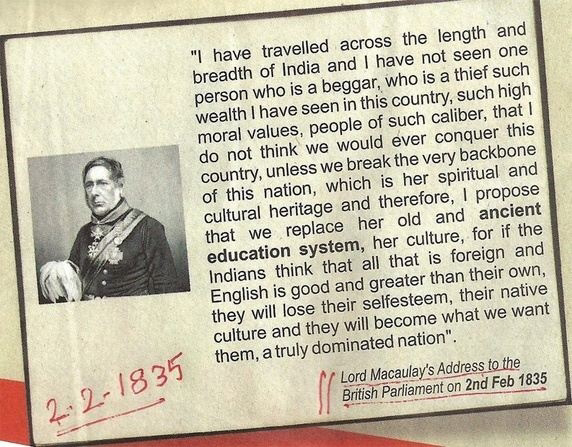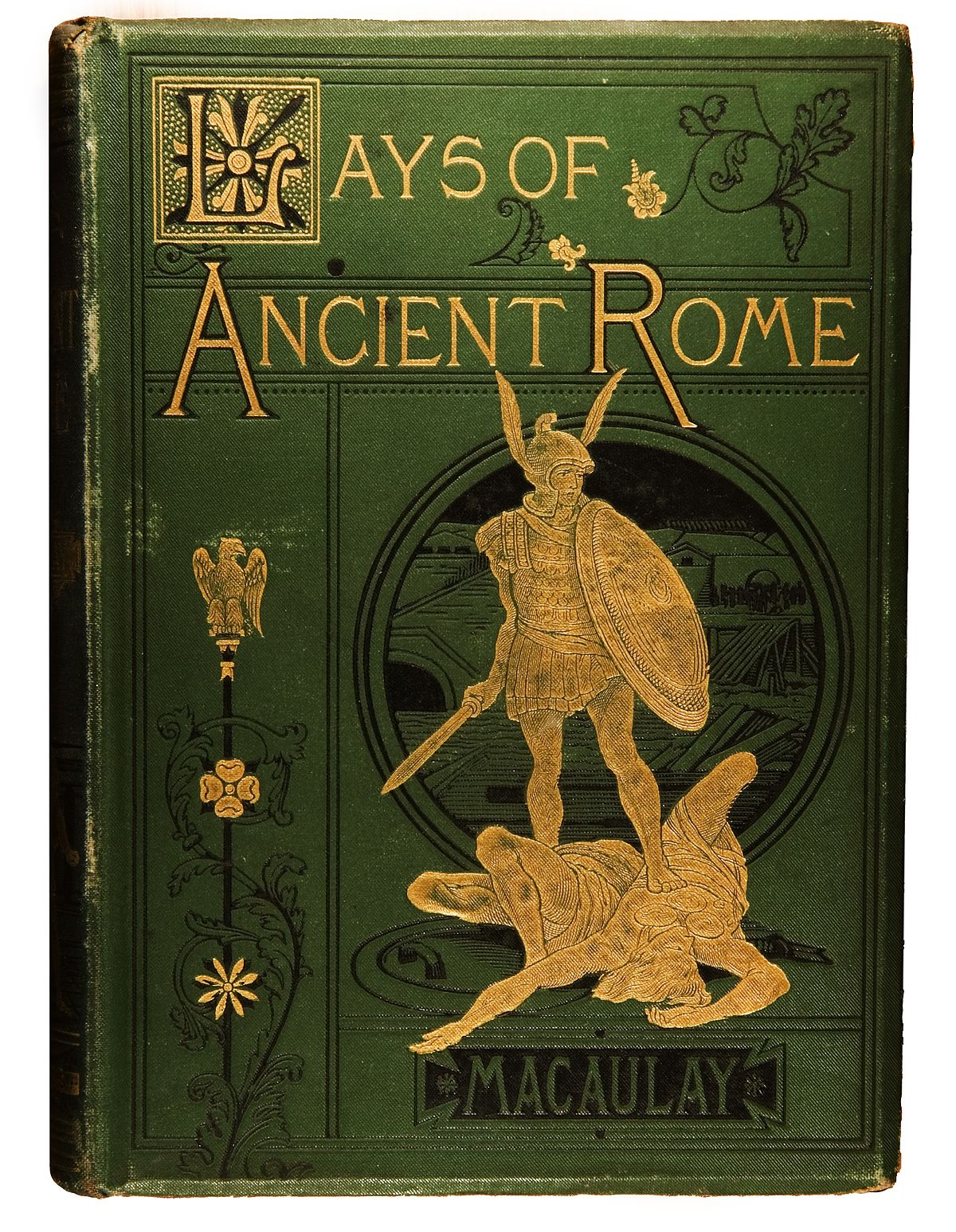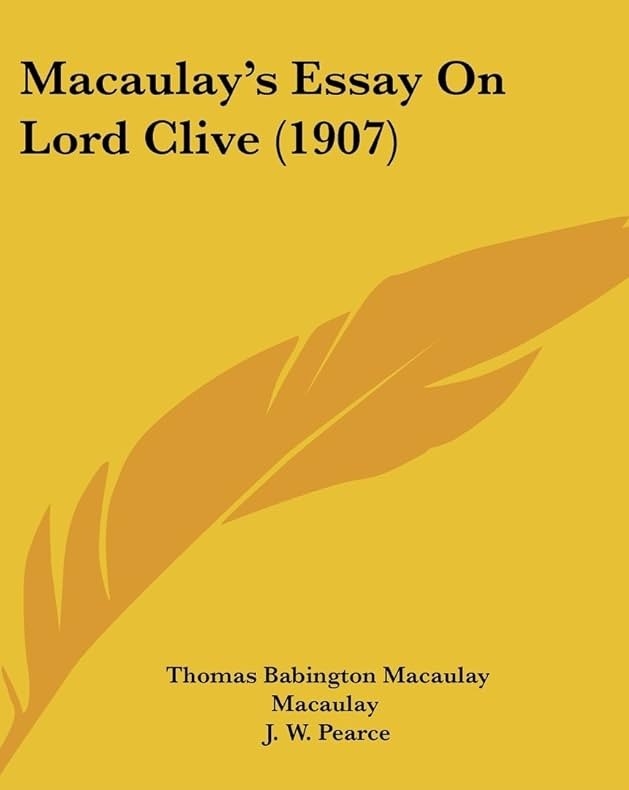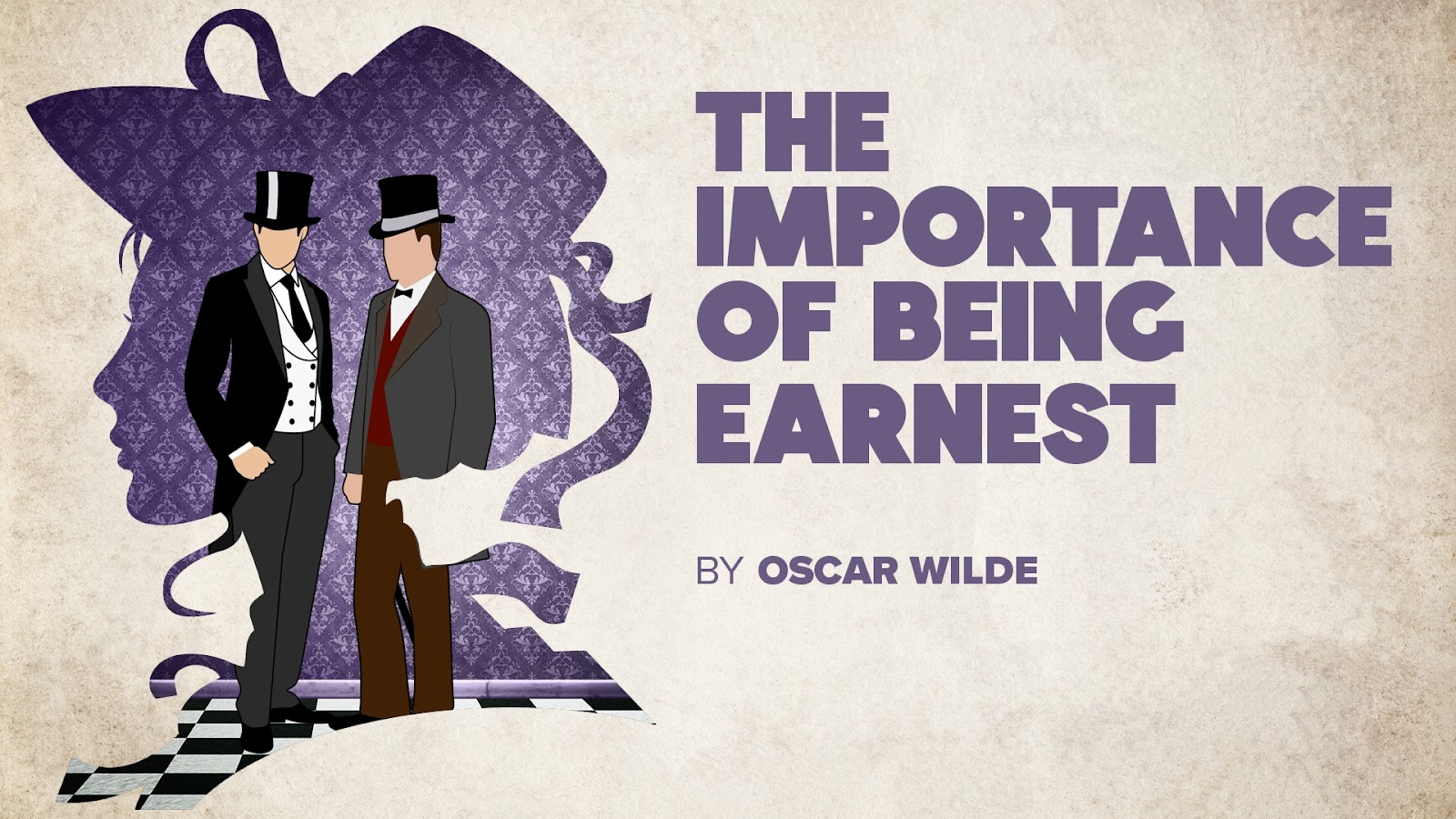Hello friends...
This blog is about Lord Macaulay (Victorian Era).
Lord Macaulay was born on October 25, 1800, in Leicestershire, England. He came from a prominent and well-educated family.He received an excellent education at various schools and later at Trinity College, Cambridge. His academic achievements were remarkable, and he was known for his exceptional writing and debating skills.
Macaulay was called to the bar in 1826 and began his legal career as a barrister. However, his true passion lay in literature and politics.He entered the British Parliament in 1830 as a Member of Parliament. He played a significant role in parliamentary debates and was known for his eloquent speeches.
In 1834, Macaulay was appointed as a member of the Supreme Council of India, a position that required him to help reform the Indian legal and educational systems. He is particularly famous for his work on the English Education Act of 1835, which aimed to promote English education in India.
Macaulay was a prolific writer. He is renowned for his "History of England" and essays like the "Minutes on Indian Education." His writings were influential and remain widely read.
In 1838, he returned to England due to health reasons but continued to be active in British politics.Macaulay played a pivotal role in advocating for the abolition of slavery and the Reform Act of 1832 in the British Parliament.
Lord Macaulay remained active in political and literary circles until his death. He passed away on December 28, 1859.
Works :
Lord Macaulay was a prolific writer and scholar, and his works covered a wide range of topics, including history, politics, literature, and education. Some of his most notable works include:
"History of England":
"History of England" by Lord Macaulay is a multi-volume work that provides a comprehensive account of English history from the accession of James II in 1685 to the early 19th century. Known for its engaging narrative style, the work offers insights into the political, religious, and social factors that shaped England during this period. Macaulay's "Whig" interpretation of history is a prominent feature, highlighting the Glorious Revolution of 1688 as a triumph of constitutional and parliamentary principles. The work covers the reigns of various monarchs and significant historical events, including wars, religious conflicts, and the expansion of the British Empire. Macaulay's literary qualities and eloquent prose have contributed to the enduring popularity and influence of this historical work.
"Minutes on Indian Education" :
"Minutes on Indian Education" by Lord Macaulay, written in 1835, is a document that advocated for the primacy of English education in India during British colonial rule. In this work, Macaulay argued that English should be the medium of instruction in Indian schools and colleges. He believed that English education would be more practical and beneficial for Indians as it would enable them to participate effectively in administrative, legal, and commercial roles under British governance.
Macaulay was critical of traditional Indian languages and literature, suggesting that they were ill-suited for imparting modern knowledge, science, and technology. His recommendations, often influenced by utilitarian philosophy, were largely accepted and had a profound impact on the Indian education system. This policy shift towards English as the medium of instruction marked a significant turning point in Indian education, as it led to a gradual shift away from traditional languages and towards English-medium education. The legacy of this policy remains a subject of debate, with some arguing that it played a crucial role in modernizing India's education system, while others criticize it for its impact on indigenous languages and cultures.
"Lays of Ancient Rome" :
"Lays of Ancient Rome" by Lord Macaulay is a collection of narrative poems published in 1842. It consists of four distinct poems, each drawing inspiration from Roman history and legends. Here is a summary of each poem:
1. "Horatius": This poem tells the legendary story of Horatius Cocles, a Roman hero who, in the early days of the Roman Republic, defended a bridge (the Pons Sublicius) leading into Rome against an invading Etruscan army. Horatius's courage and self-sacrifice in holding the bridge alone until it could be cut down is the central theme of the poem. The poem exalts bravery and the spirit of selfless defense of one's homeland.
2. "The Battle of Lake Regillus": This poem recounts the historical Battle of Lake Regillus, where the Romans, led by the mythical twins Castor and Pollux, defeated the forces of the Latin League and the exiled Tarquin kings. The poem celebrates the valor and divine intervention that secured Rome's victory in a decisive battle.
3. "Virginia": "Virginia" is a tragic tale that focuses on a Roman maiden named Virginia. The narrative revolves around a conflict between her father, Virginius, and a corrupt judge named Appius Claudius. The judge's attempt to unjustly claim Virginia as his slave leads to a tragic ending. The poem explores themes of honor, justice, and the consequences of corrupt authority.
4. "The Prophecy of Capys": This is a shorter poem that reflects on a prophecy made by Capys, a Roman senator, regarding the fall of the Tarquin kings and the establishment of the Roman Republic. It foretells the future greatness of Rome and its destiny.
The "Lays of Ancient Rome" are characterized by vivid storytelling, heroic themes, and a strong sense of nationalistic pride. Lord Macaulay's masterful use of meter, rhyme, and evocative language makes these poems engaging and memorable. They were widely popular in their time and have had a lasting influence on how Roman history and legends are perceived in literature and popular culture.
"Essay on Milton" :
"Essay on Milton" by Lord Macaulay is a comprehensive analysis of the life and literary works of John Milton, one of the most prominent English poets. Written in 1825, the essay provides an exploration of Milton's contributions to literature, his political and religious beliefs, and his significance in the context of English history. It delves into the themes, style, and innovations in Milton's major works, such as "Paradise Lost." Macaulay praises Milton's eloquence and mastery of blank verse while offering a balanced critique. The essay emphasizes Milton's role in shaping the English language and his influence on English literature.
"Essay on Clive" :
"Essay on Clive" by Lord Macaulay is a biographical and critical essay that examines the life and achievements of Robert Clive, a prominent figure in British India during the 18th century. The essay offers insights into Clive's career, his role in the British East India Company, and the consequences of his actions on the British Empire. It provides a comprehensive analysis of Clive's military campaigns, political and economic implications, and his character, including both strengths and controversies. Lord Macaulay's engaging prose style and exploration of Clive's complexities make this essay a significant work in historical and biographical literature.
Lord Macaulay's journey was characterized by his contributions to literature, education, and politics, leaving a lasting impact on British and Indian history.
I hope you have enjoyed reading this blog.
Thank you!💫🦋










No comments:
Post a Comment